Mitosis Vocab
0.0(0)
Card Sorting
1/29
Earn XP
Description and Tags
Last updated 2:18 AM on 10/27/22
Name | Mastery | Learn | Test | Matching | Spaced | Call with Kai |
|---|
No analytics yet
Send a link to your students to track their progress
30 Terms
1
New cards
Mitosis
A type of cell division that results in two daughter cells each having the same number and kind of chromosomes as the parent nucleus.
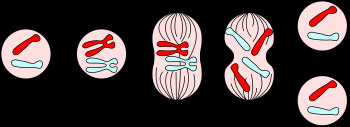
2
New cards
prophase
Chromosomes become visible, nuclear membrane dissolves, spindle fibers forms
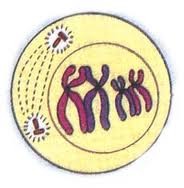
3
New cards
metaphase
Chromosomes line up in the middle of the cell
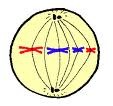
4
New cards
anaphase
Phase of mitosis in which the chromosomes separate and move to opposite ends of the cell
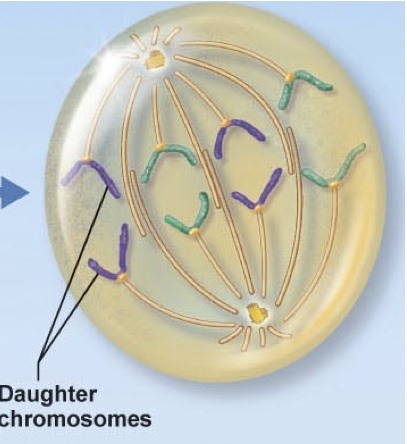
5
New cards
telophase
Phase of mitosis in which a nuclear membrane reforms around each new set of chromosomes.
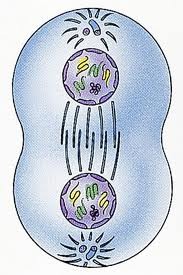
6
New cards
interphase
A period of time in before mitosis during which a cell grows and copies its DNA.
Cells spend most of its time in this phase.
Cells spend most of its time in this phase.
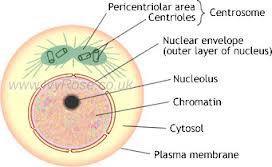
7
New cards
centromere
Area where the chromatids of a chromosome are attached
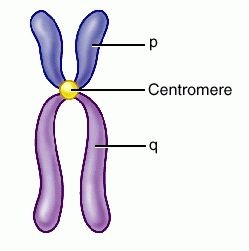
8
New cards
centriole
Cell organelle that aids in cell division in animal cells only
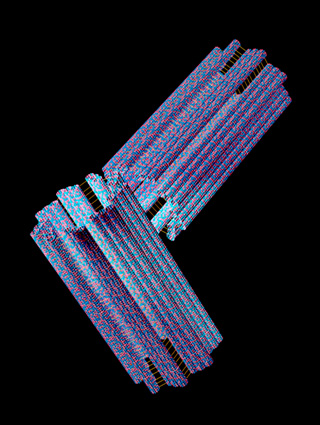
9
New cards
spindle fibers
help pull apart the chromosomes during anaphase and are made up of microtubules

10
New cards
chromatid
one of two identical "sister" parts of a duplicated chromosome
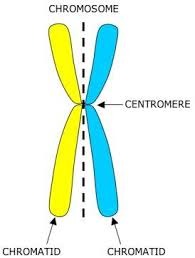
11
New cards
Cell Cycle
Made up of Interphase AND mitosis
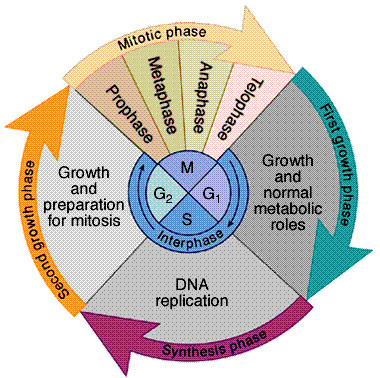
12
New cards
Replication
The process by which a cell makes a copy of the DNA in its nucleus.
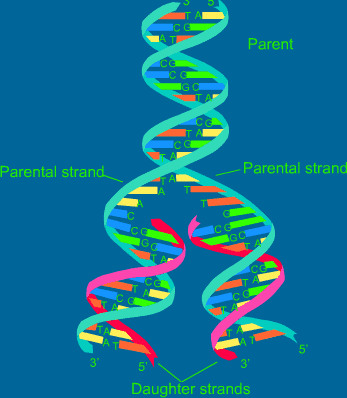
13
New cards
Chromosome
A double rod of condensed chromatin; contains DNA that carries genetic information .
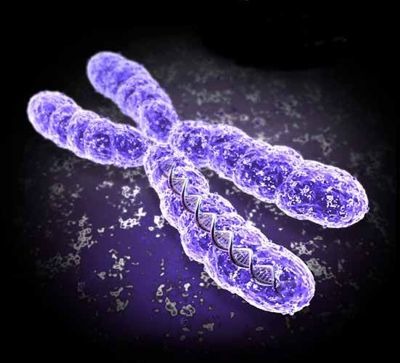
14
New cards
Cytokinesis
The final stage in the cell cycle, in which the cell's ctyoplasm divides, distributing the organelles into each of the 2 new cells.
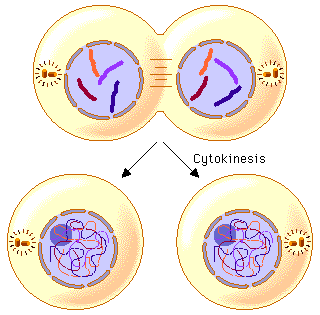
15
New cards
Cancer
A disease in which the body cells grow & divide uncontrollably, damaging the parts of the body around them.
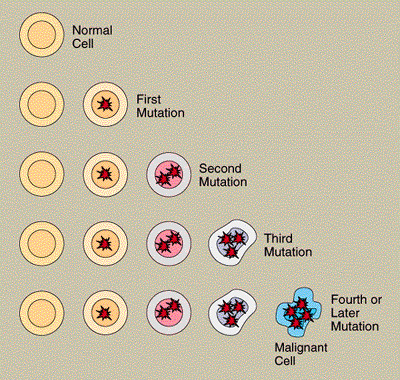
16
New cards
Embryonic development
organisms development before birth
17
New cards
Reproduction
Producing an offspring
18
New cards
asexual reproduction
Process by which a single parent reproduces by itself
19
New cards
sexual reproduction
A reproductive process that involves two parents that combine their genetic material to produce a new organism, which differs from both parents
20
New cards
parent cell
The cell that either divides into its daughter cells by meiosis or mitosis.
21
New cards
daughter cells
new cells produced by cell division
22
New cards
Gametes
reproductive cells
23
New cards
Meiosis
Cell division of gametes
24
New cards
homologous chromosomes
Pair of chromosomes that are the same size, same appearance and same genes.
25
New cards
Meiosis I
The first division of a two-stage process of cell division in sexually reproducing organisms that results in 2 haploid cells
26
New cards
Meiosis II
the second phase of meiosis when the two daughter cells divide, resulting in 4 haploid cells
27
New cards
Haploid
a single set of unpaired chromosomes
28
New cards
Diploid
containing two complete sets of chromosomes, one from each parent
29
New cards
haploid
a single set of unpaired chromosomes
30
New cards
Diploid
containing two complete sets of chromosomes, one from each parent